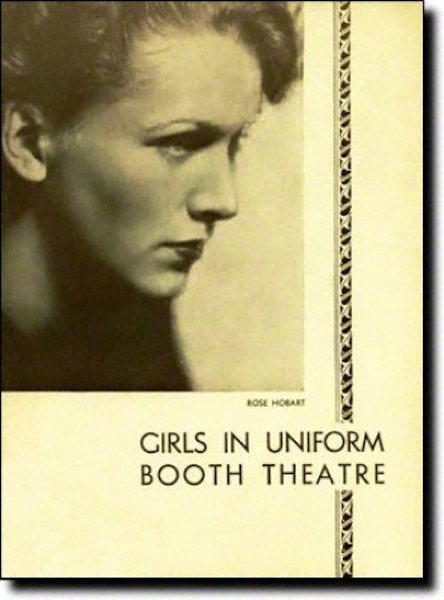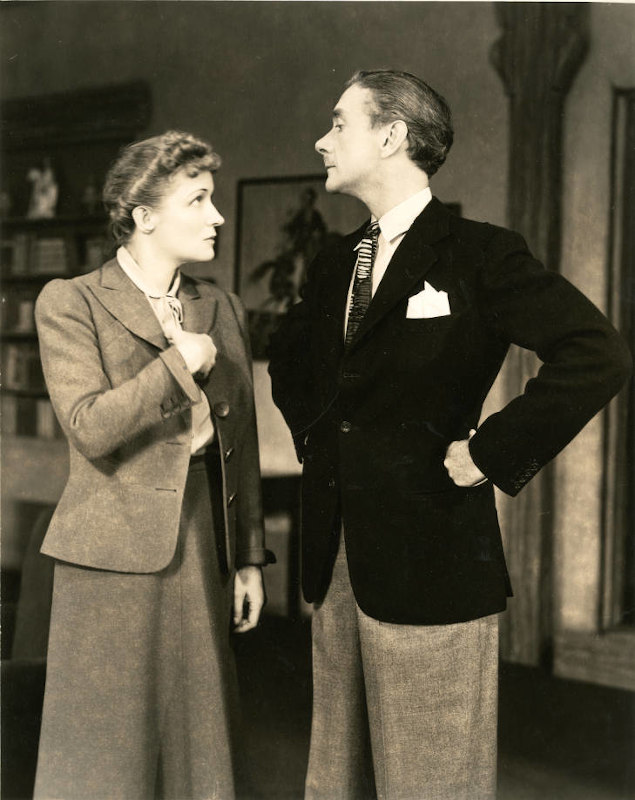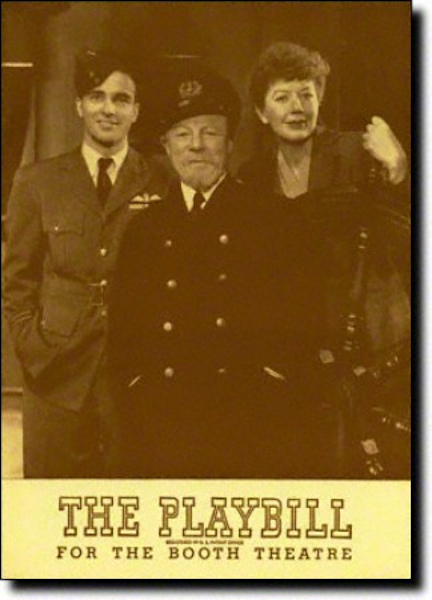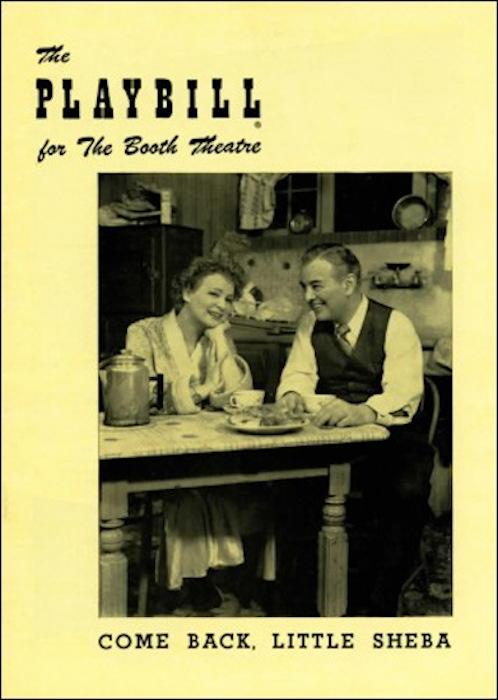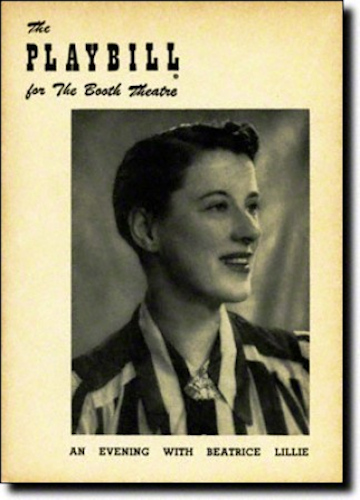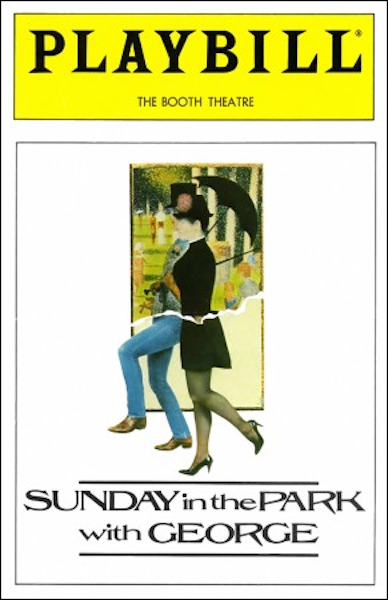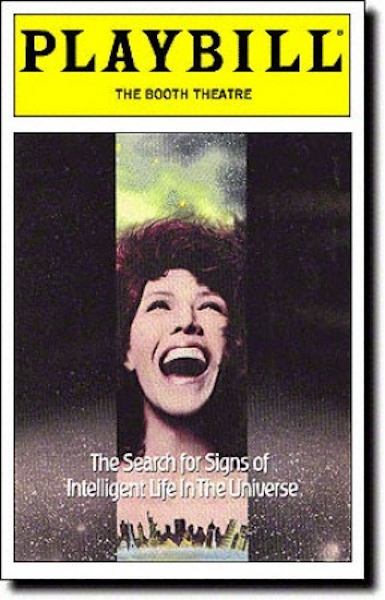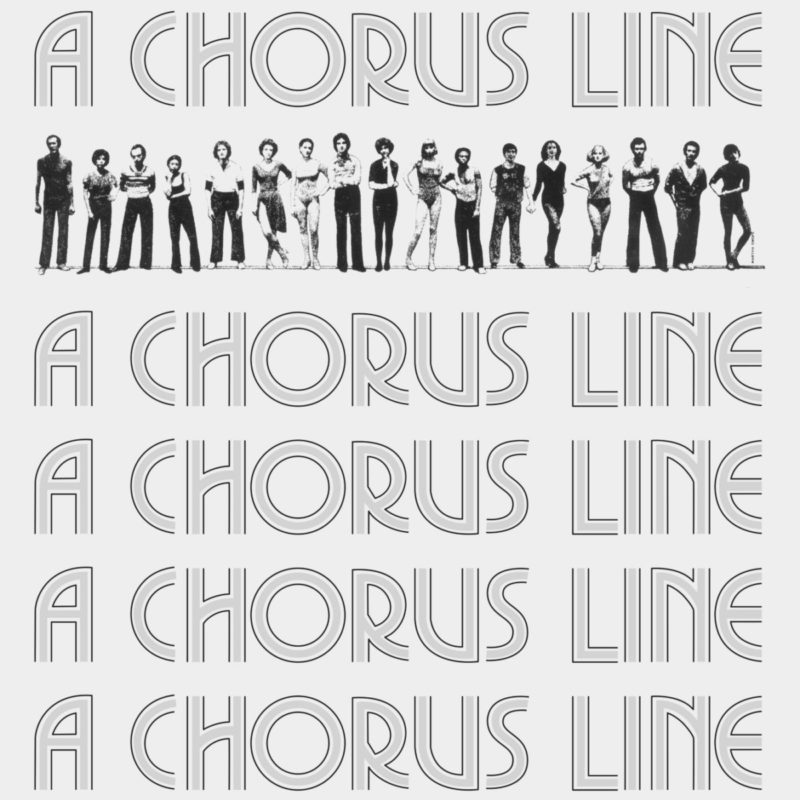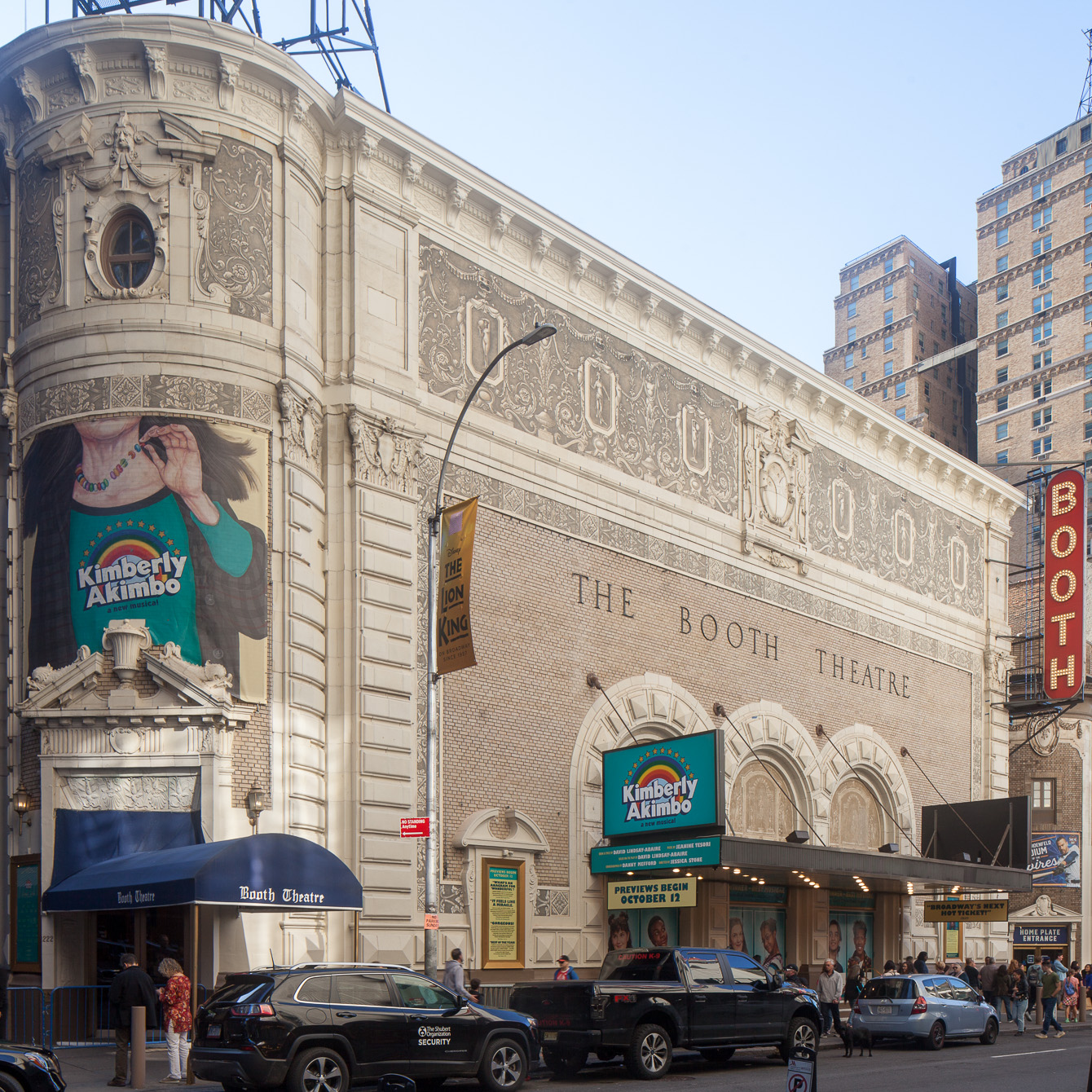
Booth Theater
overview
Opened in 1913, the Booth Theater has been associated with major LGBT performers and creators that include Jill Esmond, Noel Coward, Thornton Wilder, Elisabeth Marbury, Tennessee Williams, Montgomery Clift, Oliver Smith, and Alvin Ailey, among others.
The lesbian-themed play Girls in Uniform (1932) by Christa Winsloe was briefly staged here and told the story of a Prussian schoolgirl who grows attached to her teacher.
History
The Booth Theater opened in 1913. One lesbian-themed play attempted to open despite the Wales Padlock Law (1927), which forbade the depiction of “sex perversion” on stage. Girls in Uniform (1932) by Christa Winsloe told the story of a Prussian schoolgirl who grows attached to her teacher. It only played a dozen performances at the Booth due to the huge success of the German film version, Madchen in Uniform, that premiered before the play.
The biggest theater hits with LGBT associations here were:
- Bird in Hand (1929), with actor Jill Esmond
- Blithe Spirit (1942-43) by Noel Coward, produced and staged by John C. Wilson, and with actor Clifton Webb (opened at the Morosco Theater)
- Dial “M” for Murder (1954) with actor Maurice Evans (opened at the Plymouth Theater)
- Anniversary Waltz (1954-55), with costume design by Robert Mackintosh (opened at the Broadhurst Theater)
- The Matchmaker (1956-57) by Thornton Wilder (opened at the Royale Theater)
- Luv (1964-66), with scenic design by Oliver Smith (Best Scenic Design Tony Award)
- Butterflies Are Free (1969-72) by Leonard Gershe, with costume design by Robert Mackintosh
- Sunday in the Park with George (1984-85; Pulitzer Prize for Drama), with music and lyrics by Stephen Sondheim and scenic design by Tony Straiges (Best Scenic Design Tony Award)
- I’m Not Rappaport (1985-88), with lighting design by Pat Collins (Best Lighting Design Tony Award)
Other productions by LGBT creators and with LGBT performers at the Booth included:
- The Great Adventure (1913), with actor Guthrie McClintic
- The Money Makers (1914), with actor Eugene O’Brien
- The Bubble (1915), with actor Harrison Ford
- Too Many Husbands (1919-20) by W. Somerset Maugham
- Not So Long Ago (1920), with actor Eva Le Gallienne
- Happy-Go-Lucky (1920), with actorBlythe Daly
- Revue Russe (1922) produced by Elisabeth Marbury
- Dancing Mothers (1924-25) by Edmund Goulding and Edgar Selwyn
- First Love (1926) by Zoe Akins
- White Wings (1926), with actor Earl McDonald
- After All (1931) by John Van Druten
- The Breadwinner (1931) by W. Somerset Maugham
- For Services Rendered (1932) by W. Somerset Maugham
- The Fatal Alibi (1932), with actor Charles Laughton
- The First Apple (1933-34), with actor Spring Byington
- The Distaff Side (1934-35) by John Van Druten
- Dame Nature (1938), with actor Montgomery Clift
- One for the Money (1939), sketches and lyrics by Nancy Hamilton (who also acted in it), and with scenic and costume design by Raoul Pene Du Bois
- Two for the Show (1940), with sketches and lyrics by Nancy Hamilton, with scenic and costume design by Raoul Pene Du Bois, and with actor Richard Haydn
- The Deep Mrs. Sykes (1945) by George Kelly
- You Touched Me (1945-46) by Tennessee Williams and Donald Wyndham, with actor Montgomery Clift
- Foxhole in the Parlor (1945), with actor Montgomery Clift
- The Would-Be Gentleman (revival, 1946), with costume design by Irene Sharaff
- He Who Gets Slapped (1946), with actor John Abbott in his Broadway debut
- The Play’s the Thing (1948), with scenic design by Oliver Messel
- Come Back, Little Sheba (1950) by William Inge
- Springtime for Henry (1951) (opened at Golden Theater), with actor Edward Everett Horton
- An Evening with Beatrice Lillie (1952-53) starring Beatrice Lillie
- Late Love (1953-54), directed by John C. Wilson (opened at the National Theater)
- A Visit to a Small Planet (1957-58) by Gore Vidal, directed by Cyril Ritchard, with scenic design by Oliver Smith, and with Ritchard in the starring role
- A Taste of Honey (1961), directed by Tony Richardson, and with production design by Oliver Smith (opened at Lyceum Theater)
- Tiger, Tiger Burning Bright (1962-63), with scenic design by Oliver Smith, and with Alvin Ailey
- Natural Affection (1963) by William Inge, directed by Tony Richardson, and with scenic design by Oliver Smith
- Chips With Everything (1964), directed by John Dexter (opened at the Plymouth Theater)
- The Birthday Party (1967-68), with scenic design by William Ritman, and lighting design by Tharon Musser
- Noel Coward’s Sweet Potato (1968), with book, music and lyrics by Noel Coward, and with actor George Grizzard (opened at the Ethel Barrymore Theater)
- That Championship Season (1972-74), directed by A.J. Antoon (Best Direction of a Play Tony Award)
- Bad Habits (1974) by Terrence McNally, and directed by Robert Drivas
- All Over Town (1974-75), with scenic design by Oliver Smith, and costume design by Albert Wolsky
- Mass Appeal (1981-82), with costume design by William Ivey Long
- Isn’t It Romantic (1988), with actor Michael Feinstein
- Tru (1989-90) based on the words and works of Truman Capote
- Once on This Island (1990-91), with music and dance arrangements by Stephen Flaherty
- The Most Happy Fella (revival, 1992), with scenic design by John Lee Beatty
- Someone Who’ll Watch Over Me (1992-93), with actor Alec McCowen
- I’m Still Here… Damn It! (1998-99), with actor Sandra Bernhard
- An Evening with Jerry Herman (1998), with music and lyrics by Jerry Herman, with Herman and Lee Roy Reams
- Via Dolorosa (1999), with scenic and costume design by Ian MacNeil
- The Search for Signs of Intelligent Life in the Universe (revival, 2000-01) by Jane Wagner, with Lily Tomlin
Entry by Jay Shockley, project director (June 2019, with multiple additions).
NOTE: Names above in bold indicate LGBT people.
Building Information
- Architect or Builder: Henry B. Herts
- Year Built: 1912-13
Sources
“The 1st List of: Gay/Lesbian/Bi Industry People, Both in Front and Behind the Camera,” www.imdb.com, May 31, 2013.
Adam Hetrick, “The Work of Broadway’s Gay and Lesbian Artistic Community Goes on Display Nov. 14 When the Leslie/Lohman Gay Art Foundation Gallery Presents ‘StageStruck: The Magic of Theatre Design’,” Playbill, November 14, 2007.
Booth Theater Designation Report (New York: Landmarks Preservation Commission, 1987).
Internet Broadway Database.
Kaier Curtin, “We Can Always Call Them Bulgarians”: the Emergence of Lesbians and Gay Men on the American Stage (Boston: Alyson Publications, 1987).
Do you have more information about this site?
This project is enriched by your participation! Do you have your own images of this site? Or a story to share? Would you like to suggest a different historic site?
